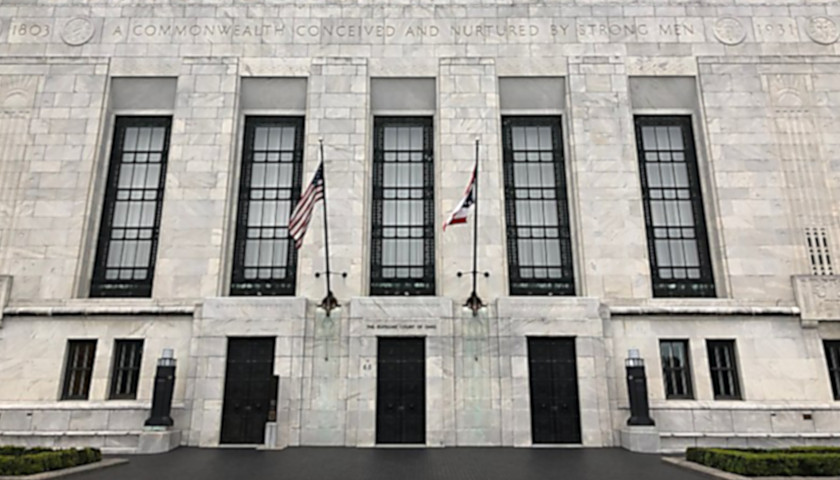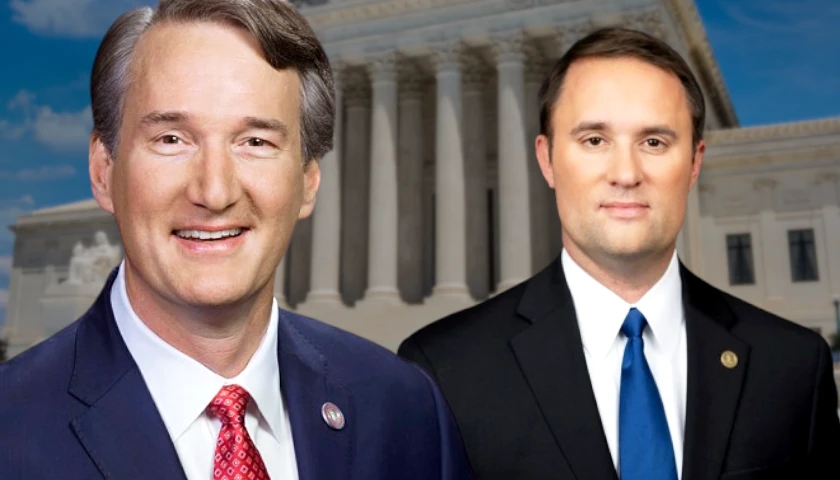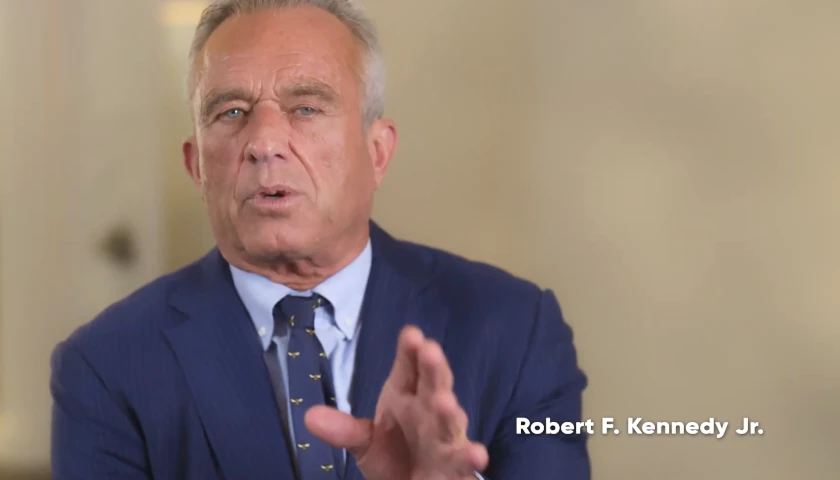by J.D. Davidson
Public officials are not immune from picketing connected to a labor dispute at their homes or private workplaces after a divided Ohio Supreme Court struck down a law that prohibited encouraging “targeted picketing.”
The law made organizing picketing at a private residence and business an unfair labor practice, but in a 4-3 decision the Supreme Court said that violated the First Amendment right of free speech.
Chief Justice Maureen O’Connor and Justices Michael P. Donnelly, Melody Stewart and Jennifer Brunner all joined the majority.
Donnelly in the majority opinion wrote the law restricts particular views or particular speakers and is unconstitutional. Kennedy, in a concurring opinion, wrote limiting or encouraging others to picket on an issue of public concern is “at the heart of free-speech protections”
The ruling came from failed contract negotiations in 2017 between the Portage County Educators Association for Developmental Disabilities and the county’s Board of Developmental Disabilities.
In the fall of 2017, association members picketed outside the homes of six board members and the workplace of another. Court records show all the picketing took place on public streets and sidewalks.
The board filed seven unfair labor practice changes with the State Employment Relations Board, and the union filed an appeal with the Portage County Common Pleas Court, which upheld the decision.
The 11th District Court of Appeals reversed the trial court’s decision and the state and county board appealed to the Supreme Court.
“As indicated previously, a statute that regulates speech based on its content must be narrowly tailored to serve a compelling government interest and it must be the least restrictive means readily available to serve that interest,” the opinion reads. “In this case, XERB and the board argue the prohibition aimed at residential picketing survives strict scrutiny because it serves the compelling state interest of protecting the privacy rights of public officials, thereby encouraging citizens to run for or serve in public office and preserving labor peace in Ohio. Laudable as those goals may be, we have already determined that preserving residential peace and privacy is a significant but not a compelling government interest.”
– – –
An Ohio native, J.D. Davidson is a veteran journalist with more than 30 years of experience in newspapers in Ohio, Georgia, Alabama and Texas. He has served as a reporter, editor, managing editor and publisher. Davidson is a regional editor for The Center Square.
Photo “Ohio Supreme Court” by Minh Nguyen CC4.0









